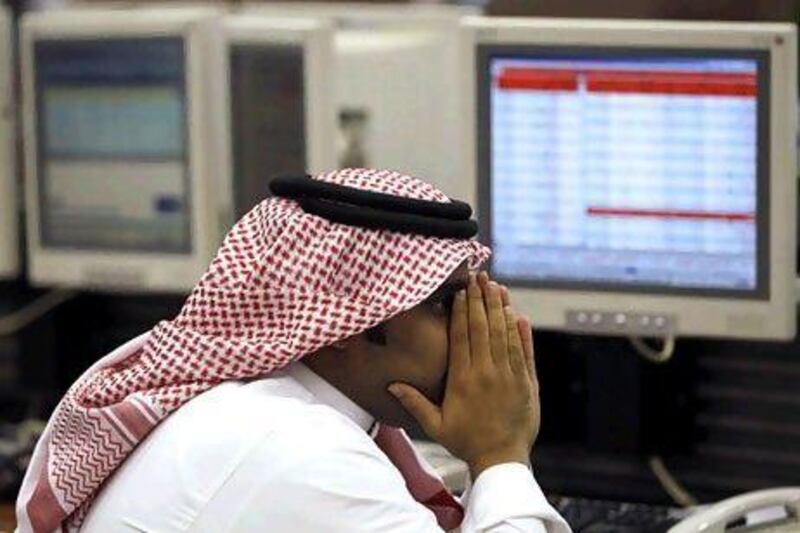There has been a huge and sudden rise in online attacks in the region that seem to originate in Israel, a major anti-virus company warns.
A large volume of malicious software, or malware, has originated from the country in the past three weeks in what is an escalating cyber conflict with the Arab world.
Kaspersky Lab said the sudden rise in attacks coincides with apparent strikes on the websites of two Arab stock exchanges, for which a shadowy group of Israeli hackers has claimed responsibility.
"Historically, there has been very little cybercrime coming from Israel," said Costin Raiu, the director of the global research and analysis team at Kaspersky Lab. "But it increased from almost nothing to maybe a few hundred cases. That was in the past two to three weeks."
An Israeli group of hackers called IDF-Team - the name mimics the abbreviation of the Israel Defence Forces - last week claimed it had targeted the sites of Arab stock exchanges, along with those of banks, airlines and government organisations.
The websites of the Abu Dhabi Securities Exchange and Saudi Arabia's stock exchange were slow to load last Tuesday. The stock markets denied the problemwas caused by hackers. The website of the UAE Central Bankwas rendered inaccessible for about 20 minutes on Thursday. Officials said the problem had been quickly resolved.
The claims of attacks by IDF-Team followed alleged attacks by Arab hackers on Israeli targets such as the Tel Aviv Stock Exchange and El Al Airlines. A hacker named OxOmar and claiming to be in Saudi Arabia posted online thousands of active credit card numbers belonging to people in Israel.
The cyber attacks emanating from Israel are believed to use crude "denial of service" methods, in which targeted websites are bombarded with traffic until they are overwhelmed and crash.
"These kind of attacks are usually not the sign of sophisticated hackers," said Mr Raiu. "They're just trying to cause some mayhem … It only takes 300 computers to take down pretty much any website in the world."
Kaspersky's security software detects malware on computers. It reports such detections back to Kaspersky's servers.
"We're seeing increased activity [in] malware that appears to use servers in Israel," said Mr Raiu. "It's unusual to see it in Israel."
While some of the malware uses servers in Israel, it also links to servers in Estonia and Ukraine, raising the possibility that hackers based in those countries could be linked to the attacks, said Mr Raiu.
Kaspersky Lab this month warned governments and large corporations of a growing cyber menace this year.
The internet-security firm said it forecast a "dramatic increase in the number of targeted attacks on state institutions and large companies".
Mr Raiu said the UAE ranked 39th in Kasperksy's league of countries most likely to suffer cybercrime.





